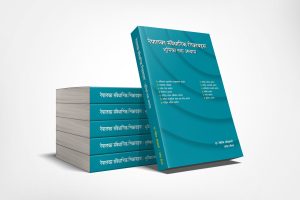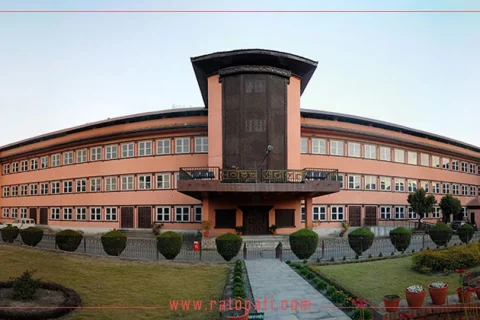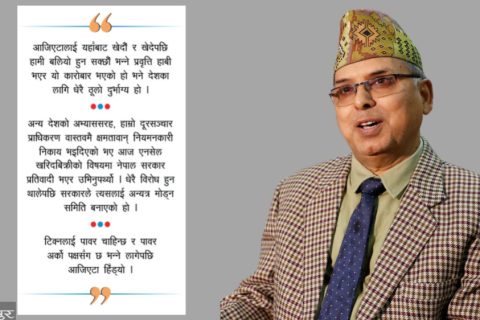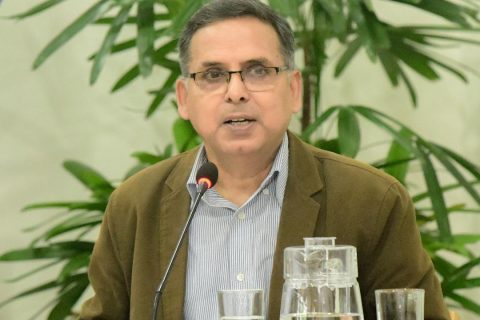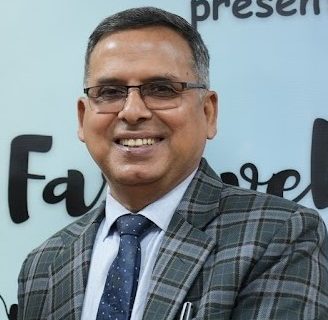The government of Nepal has registered a Bill on National Youth Council at the Parliament Secretariat to empower the country’s youth, who make up 40.43 per cent of the country’s total population. Although the government brought National Youth Policy in 2010, it took it nearly four years to set up legal ground for the implementation of the policy. The policy had recommended setting up of the council to implement its goals. Further, he stressed that as per the National Census 2011, 10.69 million of Nepal’s 26.49 million populations is between the ages of 16 and 40, defined as youths by National Youth Policy 2010.
The council, according to the Bill, will have six main purposes — recommending long-term plan and policy about youth to the government, devising and implementing youth plan and programme, announcing the policy to mobilise youths as volunteers in development and social service, suggesting the government for the development, empowerment and mainstreaming of the youth, and determining/accessing the necessary conditions to give affiliation to organisations.
Similarly, the council will be a 23-member body chaired by Minister for Youth and Sports. Other members of the council will include seven secretaries of related ministries, five representatives of youth-related organisations, six members from among those who have special contribution to youth-related activities and four will be from youth business people, workers, peasants and sports persons. The government will appoint one vice-chairman from among council members. To implement the district-level programmes, there will be 13-member district committees.
Also, it will require 11 to 20 million rupees to set up the central office of the council and Rs 1.5 million has been earmarked towards annual expenses to run each of the 75 district youth committees, states the Bill. The council will be allowed to receive money from the government, individuals, organisations, foreign nations and international organisations.
In light of this, there have been criticisms towards the government for ignoring the National Youth Policy, 2010 while drafting the bill. This view has been echoed by youth political party-affiliated organisations. Experts have advocated for allocation of two per cent of total national budget for the Council. Moreover, the formation of National Youth Council with participation of youth from all sectors is absolutely imperative in order to empower the youth for leadership development. Lastly, there is a need for the functioning autonomy of the Youth Council in order to enable it to take certain decisions out of its own accord.
Some of the suggestions for amendment to the bill are as follows:
a)The Preamble and Section 6 of the Bill do not complement each other. There is a need to amend the Preamble to reconcile the Preamble with the provisions of the Bill, especially Section 6.
b)Experts have advocated reconsidering the definition of youth which under Section 2(h) defines as person between the age of 16 and 40. National Youth Policy, 2066 has declared youth to be a person between 16 to 40, hence, the Bill has been drafted around the declaration of National Youth Policy. It is suggested that upper limit on the age classification should be reduced as per the international standards.
c)Part 1 Section 2: Under Special Category Youths. Victims of war, differently able youths, marginalized and vulnerable youths have been put in the same category. As they are of different nature, these youths should be kept in a separate category.
d)The Bill should incorporate provisions for women participation of 50% at youth level as envisioned by the Constitution. Further, the bill needs to establish further provisions for women belonging to a special bracket. (i.e. Dalits, Marginalised, War Victims, Vulnerable Groups etc.)
e) Part 3 Section 5: The Youth Council should have a designated term and the termination of the Youth Council representatives should not be handled arbitrarily. A fixed term for Youth Council elects and representatives would provide impetus to the systematic institutionalization of the organization.
f) Part 7 Section 15: Program Co-ordinator. The National Youth Council should have the autonomy to assign a program co-ordinator rather than the ministry doing it for them.
g) Part 9: Miscellaneous. In order to create a transparent and accountable Youth Council, there should be adequate provisions to create that environment. The recommendation committee established through this section should be a lead by an independent and non-partisan person. Further, autonomy should be provided to the recommendation committee to appoint other representatives rather than the ministry.
h) There is a need to take into account the practical and logistical feasibility of setting up a District Youth Council at every district. Further, drafters should also take into account fears regarding politicization of the councils at the district level.
i)The constitution of the Council seems an organ of the government to enforce and propagate its policies but remains silent while providing any financial assistance.
j) A provision for counselling youths for providing guidance and support must be incorporated. Further, it is advocated and as far as it is feasible for the government to provide bank guarantee to banks to secure education loan which are available to students at a concessional interest and process of repaying the loan. This practice is prevalent in the developed countries.
k) There should also be provisions for legal assistance to be provided to youth either free of cost or at a concessional rate.
It was hoped that the present Bill would establish a powerful and inclusive Committee but it is disappointing to find out that the Bill has only initiated formations of many toothless council. Even then, experts have opined that the Bill will provide the base on which further improvement/amendment to the Bill may be carried out in future. Despite deficiencies in the Bill, experts have advocated against scrapping the Bill to wait for years for the Legislature to introduce another Bill, rather it is in the best interest of the state to amend it, gradually, step by step.



